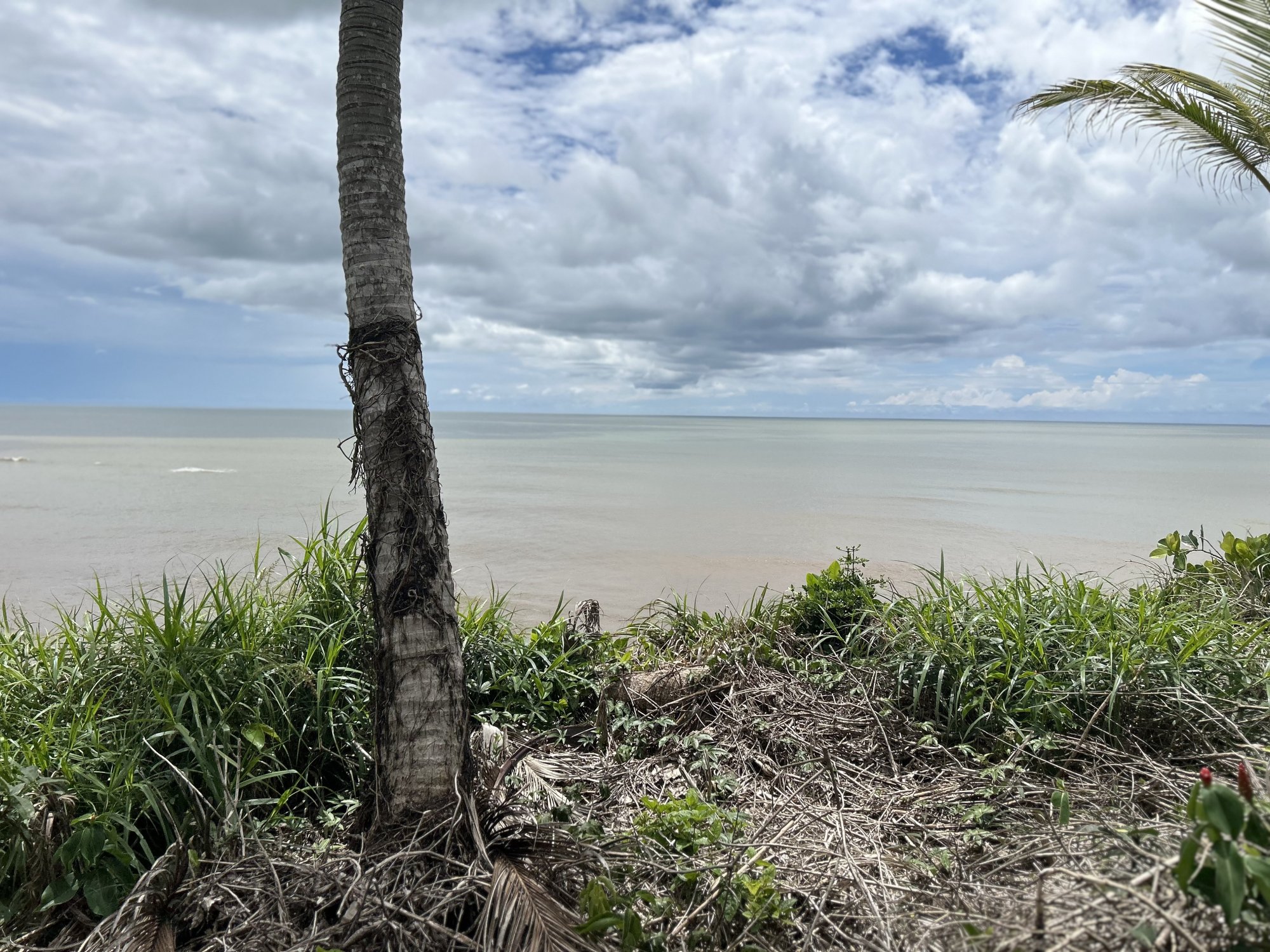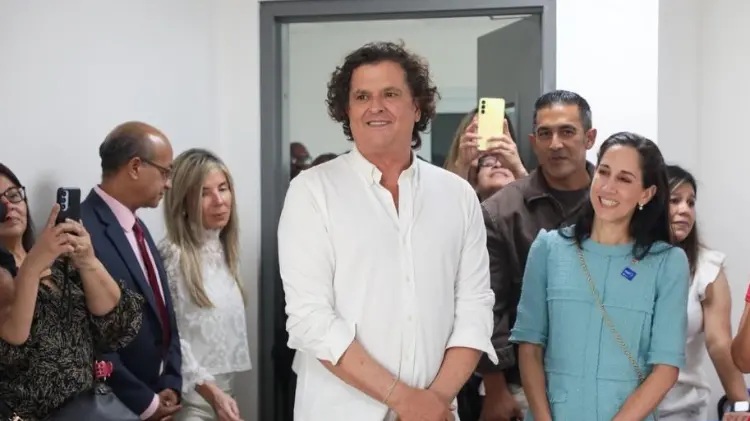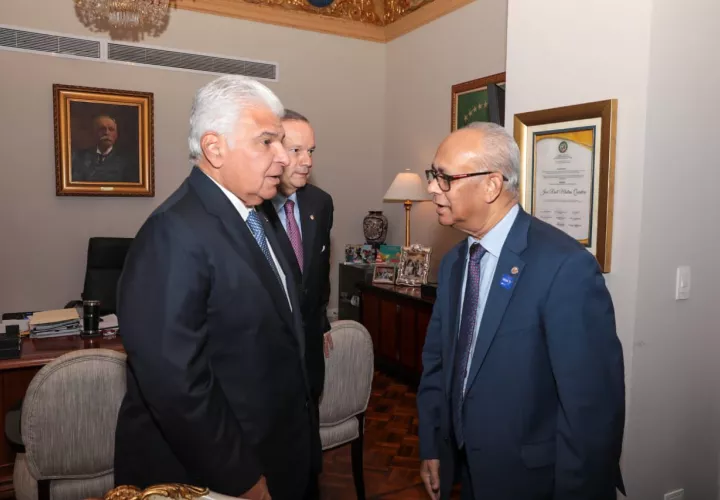A FAKE WAR AGAINST THE WHO

From May 22 to 28, the 75th World Health Assembly was held in Geneva, Switzerland, that is, the vast majority of the 194 national delegations met as part of the supreme authority of the World Health Organization (WHO).
An international meeting of such a level for the health issue should be extremely positive news for the world, however, on social networks, Whatsapp chains, and in other media it has been pointed out that in this assembly that WHO was going to ask for extraordinary powers to declare a pandemic and health crisis in the member countries and adopt restrictive measures that violate the national sovereignty and civil liberties of the inhabitants of those nations.
Attack messages
The attack messages have come from a combination of anti-vaccine, religious, anti-globalist and conspiracy groups of all stripes.
The WHO was the leading entity in the eradication of smallpox from the planet, as well as in the fight against polio, malaria, yellow fever, and a multitude of other diseases and situations that affect health.
On May 17, 1990, the WHO declared that homosexuality was not a mental illness and removed it from its catalog of conditions that required some type of treatment or therapy. This earned the entity the declared enmity of numerous conservative sectors.
The WHO’s work agenda included, as part of its main focus on non-communicable diseases, which meant greater attention to conditions such as cancer, diabetes, hypertension, and mental illness, among others. The reason for this strategic action is that more people die and are affected by non-communicable diseases in the world than by contagious diseases.
The WHO frontally attacked the tobacco industry, sugary drinks, junk food, and the producers of alcoholic beverages. All of these elements have strong causal links to noncommunicable diseases.
AIDS, a watershed
Although it is a contagious disease, the efforts of the WHO to prevent and attend to the AIDS epidemic have been very successful, but at the same time very controversial for the conservative sectors opposed to family planning, sexual education, delivery of condoms.
Despite these forces, the WHO was able to articulate alliances with governments, private companies, other international organizations and philanthropic entities to combat AIDS. Precisely in the fight against AIDS, the WHO allied itself with one of today’s most important philanthropists, the American businessman Bill Gates, founder of the Microsoft company. Gates’ involvement with funding and international leadership to tackle AIDS and malaria accelerated many actions with favorable results.
The emergence of contagion in Wuhan, China, at the end of 2019 became the presentation of the Sars Cov-2 virus, better known as covid-19. On March 11, 2020, the WHO declared the covid-19 pandemic.
The most varied conspiracy movements appeared, mainly in developed countries, undermining the scientific basis of health measures, as well as of the pandemic itself. It is clear that these movements received a lot of inspiration from the then president of the United States, Donald Trump.
Thie president confused public opinion with ambivalent messages, while the lukewarm actions of his government left a deep mark on American culture. When the US pharmaceutical industry was able to present three different vaccines against covid-19 to the world in record time, President Trump himself fueled the ideas and notions that became the pillars of the anti-vaccine movement.
The microchip falsehood
Among the inoculants produced by these companies is the vaccine from the company Moderna, an initiative that was financed by Bill Gates. Memes, message chains, printed articles, and radio and television comments began to mention the Gates connection with the Moderna vaccine, adding that said drug could contain a microchip with which the behavior of those vaccinated would be controlled. All of which is false.
With the appearance of vaccines against covid-19, the WHO took a position contrary to the policy of most developed countries that proceeded to accumulate excess vaccines for their population, instead of sharing them with the poorest countries.
Additionally, the WHO was the forum in which it was proposed to open the vaccine patents so that more countries could produce them, an attitude that was not very popular with the large pharmaceutical companies that owned the vaccines.
The event’s agenda, which began on Sunday, May 22, and ends today, Saturday, May 28, is loaded with bureaucratic reports, budget audits, administrative decisions, and a handful of political statements related to noncommunicable diseases, polio, AIDS, and the covid-19 pandemic itself.
One of the mechanisms under discussion aims to make it easier to face a pandemic by improving response capacity and creating objective indicators that allow the WHO to face these threats. The instruments at its disposal are limited and such a decision is a complex diplomatic ritual. If the WHO cannot react quickly to deal with the next outbreak of covid-19 or something like it, billions of lives will be in danger.
Any modification to the existing WHO conventions requires the favorable vote of two-thirds of its member countries and also that each country ratifies said modification in accordance with its constitutional norms.
In the case of Panama, this must be approved by the National Assembly. There is no way that the WHO steals the sovereignty of any country, or that a world government has been formed in Geneva behind the backs of the citizens and the institutions.
Rodrigo Noriega, LA PRENSA.





